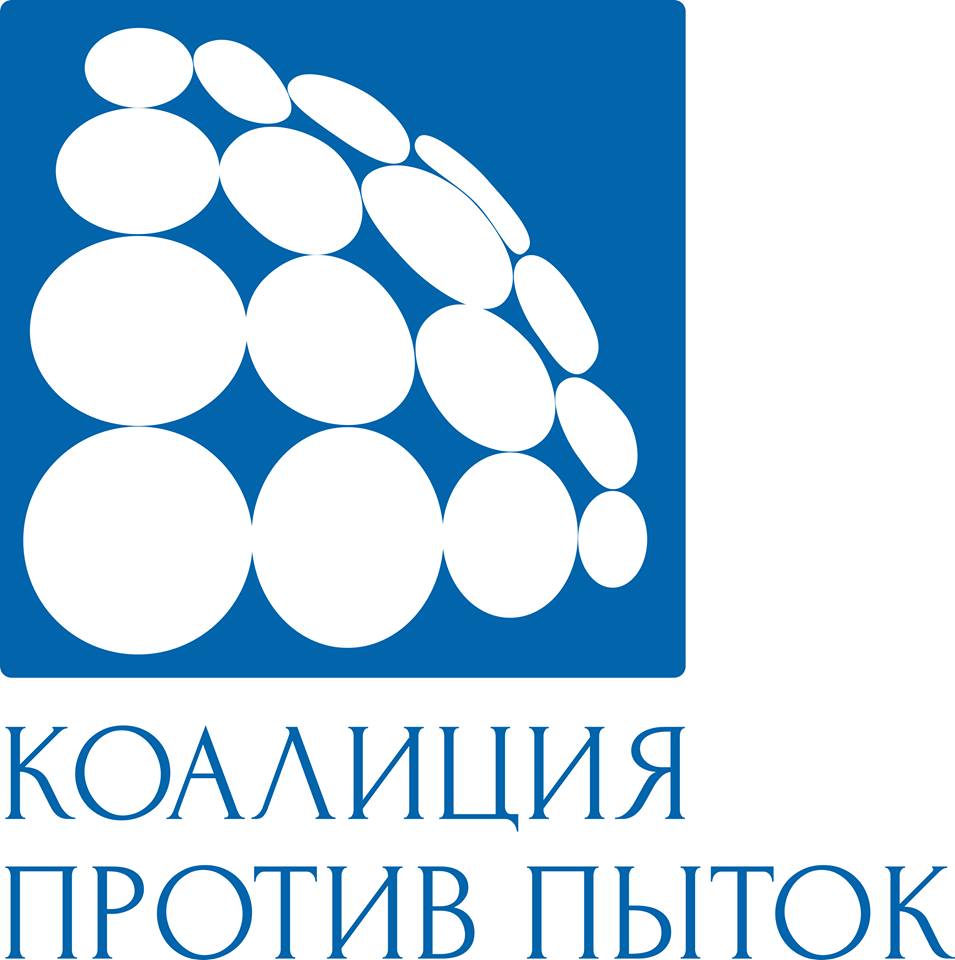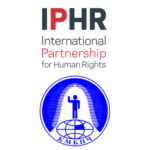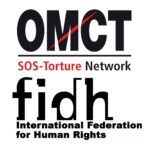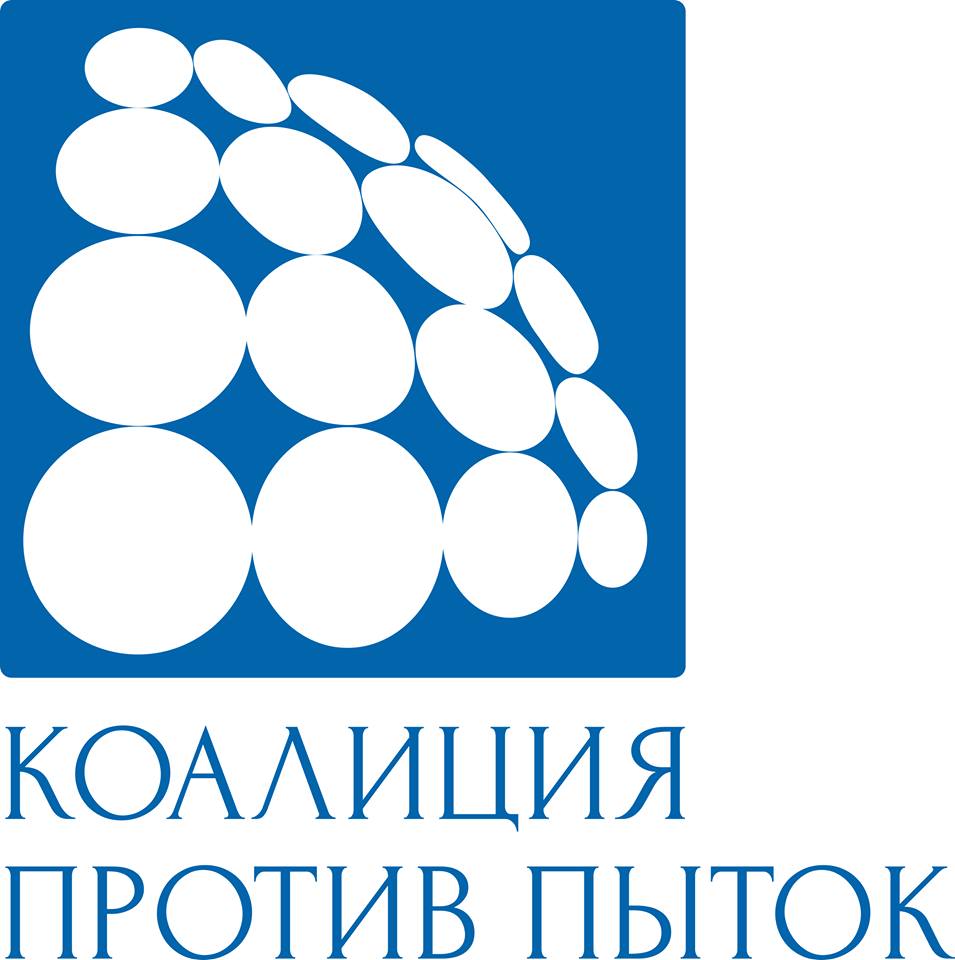Given the threat of coronavirus spread and the heightened risk of contagion between people isolated from the society in all places of deprivation of liberty, the Government of the Republic of Kazakhstan should seriously focus on this problem which can be tackled if the recommendations set out in Advice of the Subcommittee on Prevention of Torture to States Parties and National Preventive Mechanisms relating to the Coronavirus Pandemic (adopted on 25th March 2020) are fully implemented.
The key-note of these recommendations is to reduce the detention population to the lowest possible level by releasing those held in prison facilities and other places of detention if they do not pose serious public threat. It should be noted that the conditions of detention of the detainees in prison facilities of the Republic of Kazakhstan pose heightened risks of spread of coronavirus infection both among the detainees as well as officers and employees working in places of detention. Such places do not permit social distancing between prisoners, and it is very problematic to ensure the same level of personal hygiene as is to be followed for the prevention of infectious diseases.
In light of the above, it is necessary to take a set of systemic measures within the framework of the criminal, criminal procedure and penal legislation of the Republic of Kazakhstan, which allow to create the proper legal basis for a reasonable reduction in the number of prison population under the current emergency conditions.
In this context, it is necessary to revise the criminal legislation of the Republic of Kazakhstan in terms of the grounds for conditional early release from serving the punishment and substitution of punishment with a softer form of punishment by reason of emergency circumstances.
It is also advisable to extend the scope of grounds for the use of bail and other preventive measures not requiring detention in the criminal procedure legislation of the Republic of Kazakhstan.
In the context of the penal legislation of the Republic of Kazakhstan, it is worth improving the mechanism of early release from serving the sentence. Along with the above, it is necessary to conduct assessments of all convicts and persons held in pre-trial detention facilities in order to identify those individuals most at risk within the detained populations and vulnerable groups in the environment of a coronavirus pandemic.
Primarily, these are prisoners older than 60 years of age, as well as those with coexisting diseases of the respiratory system, cardiovascular, endocrine systems, tuberculosis, diabetes and etc. These are the individuals who should be the priority targets of the measures recommended by the UN Subcommittee on Prevention of Torture.
It is also advisable to implement, to the extent necessary, post-penitentiary control over those released from places of detention by way of engaging probation bodies in administration of such control.
Finally, it would be advisable to reduce the number of female and minor prisoners in reliance on the tools available under the criminal legislation of the Republic of Kazakhstan and particularly amnesty, which could be timed to coincide with the upcoming 75th anniversary of the Victory over fascism.

















